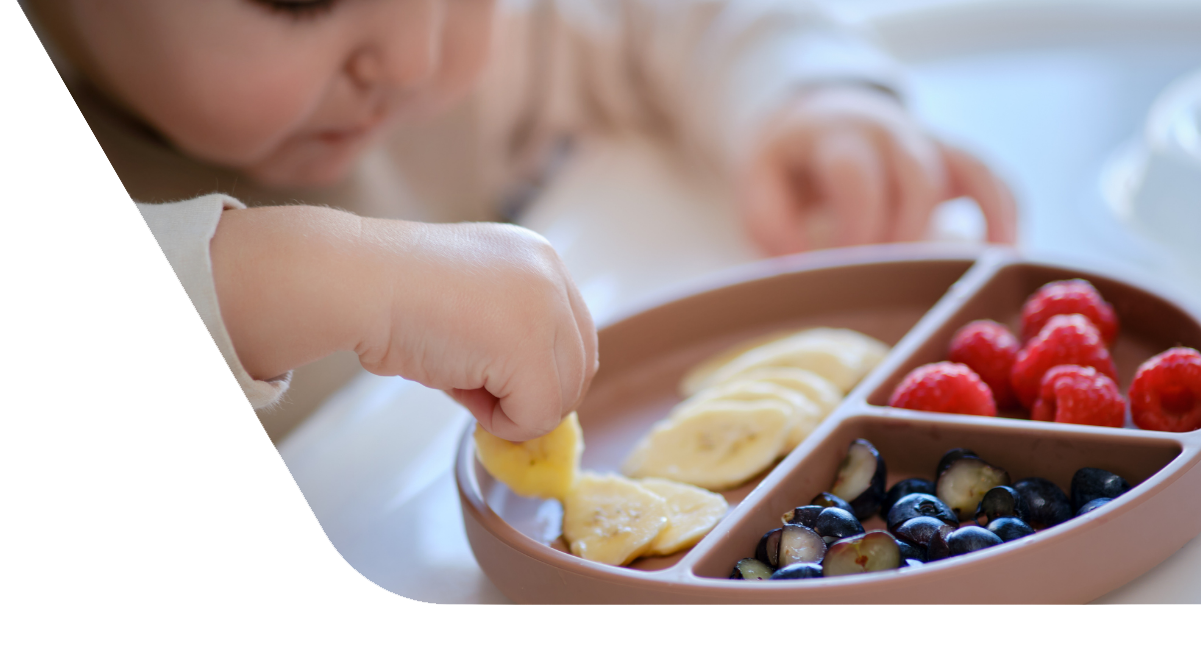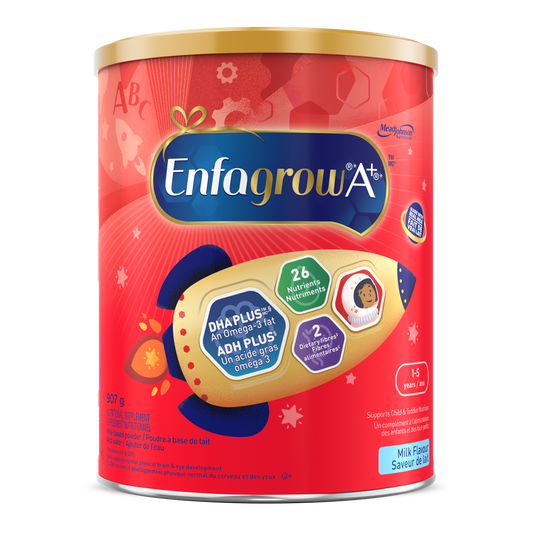Sometimes grandparents, babysitters, and other caregivers haven’t given as much thought as you have to the particulars of how nutrition supports normal development. It’s up to you to let them know what your preferences are. Explain that it’s not your intention to deprive your child, but if he fills up on fruit juice or foods with empty calories (such as cookies and other sweets), he’s less likely to eat foods that have the nutrients he needs. Plus, you want him to develop healthful habits when it comes to eating.
Explaining some basic facts can be eye-opening for sitters who don’t have kids, as well as for grandparents who think they’re just doing what grandparents are supposed to do when they indulge a grandchild. Even a generation ago, people didn’t talk much about the connection between nutrition and child development. Much of the research about how the brain grows, for example, has been conducted during the past 20 years. So this science wasn’t emphasized as much when your parents were raising you.
When you leave your toddler in someone else’s care, plan his meals and snacks ahead of time. Leaving specific instructions for the caregiver will help avoid generational and cultural differences. You might even ask that sitters write down what your child ate on paper or in an app, so they are more accountable and you have a record. If your preferences are clear—and the foods are easy to prepare and serve—most people are happy to oblige, and even more so when they understand why they’re doing it. Nonetheless, you have to use a great deal of tact when discussing these issues with grandparents, as you always want them to be on your side.
—Gary C. Morchower, MD, pediatrician and author of The 1001 Healthy Baby Answers: Pediatricians’ Answers to All the Questions You Didn’t Know to Ask







